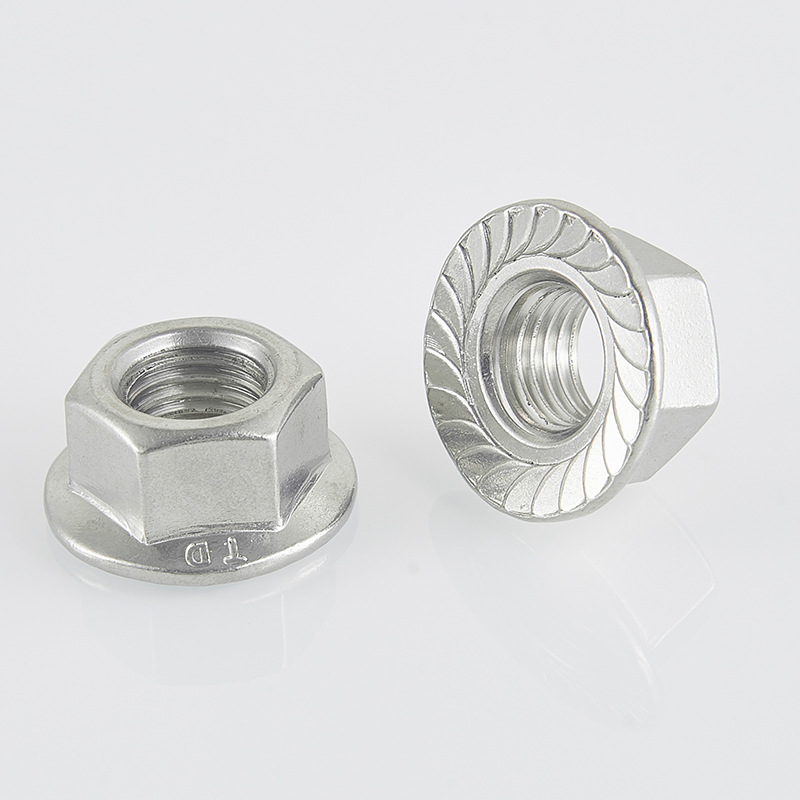

Teflon Coated Stud Bolts for Enhanced Corrosion Resistance and Durability in Various Applications
Dec . 14, 2024 15:50 Back to list
Teflon Coated Stud Bolts for Enhanced Corrosion Resistance and Durability in Various Applications
The Benefits of Teflon-Coated Stud Bolts
In the ever-evolving landscape of industrial fasteners, Teflon-coated stud bolts have emerged as a game changer, providing unparalleled durability and resistance in various applications. These specialized fasteners offer a unique combination of properties that significantly enhance their functionality and performance, making them an ideal choice for diverse industries, including construction, oil and gas, and marine environments. This article delves into the benefits, applications, and maintenance of Teflon-coated stud bolts.
Understanding Teflon Coating
Teflon, a registered trademark of Chemours, refers to a type of polytetrafluoroethylene (PTFE). This synthetic fluoropolymer has gained immense popularity due to its non-stick properties and resistance to high temperatures and chemicals. When applied to stud bolts, Teflon creates a protective layer that enhances the bolt's overall performance, ensuring longevity and reliability in challenging environments.
Benefits of Teflon-Coated Stud Bolts
1. Corrosion Resistance One of the most significant advantages of Teflon-coated stud bolts is their exceptional resistance to corrosion. In environments where exposure to moisture, chemicals, and extreme temperatures is common, traditional metals may deteriorate quickly. The Teflon coating acts as a barrier, preventing rust and extending the lifespan of the fasteners.
2. Improved Lubricity The non-stick properties of Teflon ensure that stud bolts can be easily installed and removed, even after prolonged exposure to harsh conditions. This reduced friction minimizes wear and tear, facilitating maintenance and making these fasteners more serviceable over time.
3. Temperature Tolerance Teflon-coated stud bolts can withstand a broad range of temperatures, from as low as -70°C to as high as 260°C (-94°F to 500°F). This temperature resilience makes them suitable for applications in extreme environments, such as chemical processing and power generation plants.
4. Chemical Resistance Teflon is known for its resistance to a wide array of harsh chemicals, including acids, bases, and solvents. This chemical inertness makes Teflon-coated stud bolts ideal for industries where they may come into frequent contact with aggressive substances.
5. Reduced Galling Galling is a form of wear caused by adhesion between sliding surfaces, often resulting in material transfer and eventual failure. The Teflon coating creates a smooth surface that reduces the likelihood of galling, enhancing the reliability of the fastening system.
teflon coated stud bolts

6. Aesthetic Appeal Besides their functional advantages, Teflon coatings can also offer aesthetic benefits. Available in various colors, Teflon-coated stud bolts can be customized to match design specifications or company branding, making them not only practical but visually appealing.
Applications of Teflon-Coated Stud Bolts
Teflon-coated stud bolts find their applications across a wide spectrum of industries
- Oil and Gas In oil rigs and refineries where exposure to corrosive substances is inevitable, Teflon-coated bolts provide the necessary durability and reliability. - Marine The marine industry benefits significantly from Teflon-coated fasteners due to their resistance to seawater corrosion, making them ideal for ships and offshore structures.
- Chemical Processing In chemical plants where various substances are processed, these bolts are essential for maintaining the integrity of assemblies under harsh conditions.
- Construction For structural applications, where bolts may be exposed to varying environmental factors, Teflon-coated stud bolts offer reliability and longevity.
Maintenance and Considerations
While Teflon-coated stud bolts require less maintenance than their non-coated counterparts, regular inspections are still advisable. Checking for signs of wear or damage can prevent unexpected failures. Additionally, it is crucial to ensure that other components within the assembly are compatible with Teflon, as reactions with certain materials can compromise the integrity of the fastener.
Conclusion
Teflon-coated stud bolts represent a significant advancement in the field of industrial fasteners. Their combination of corrosion resistance, improved lubricity, and ability to withstand extreme conditions makes them suitable for a wide range of demanding applications. As industries grow increasingly aware of the importance of durability and reliability in their materials, the use of Teflon-coated stud bolts will likely continue to gain traction, solidifying their place as a preferred choice for engineers and manufacturers alike.
Latest news
-
High-Strength Hot Dip Galvanized Bolts - Hebei Longze | Corrosion Resistance, Customization
NewsJul.30,2025
-
Hot Dip Galvanized Bolts-Hebei Longze|Corrosion Resistance&High Strength
NewsJul.30,2025
-
High-Strength Hot-Dip Galvanized Bolts-Hebei Longze|Corrosion Resistance&High Strength
NewsJul.30,2025
-
Hot Dip Galvanized Bolts-Hebei Longze|Corrosion Resistance&High Strength
NewsJul.30,2025
-
Hot Dip Galvanized Bolts - Hebei Longze | Corrosion Resistance, High Strength
NewsJul.30,2025
-
High-Strength Hot Dip Galvanized Bolts-Hebei Longze|Corrosion Resistance, Grade 8.8
NewsJul.30,2025

